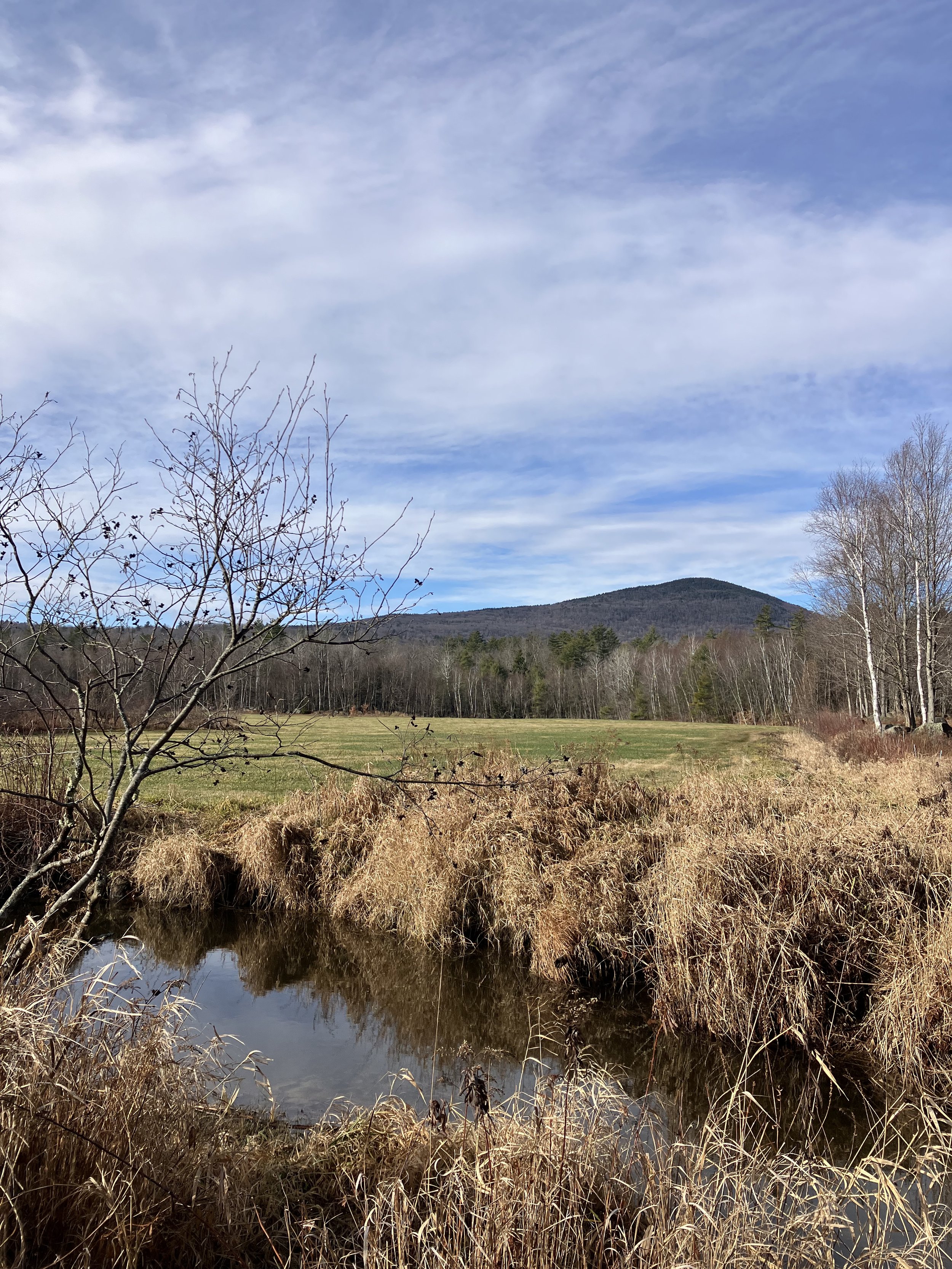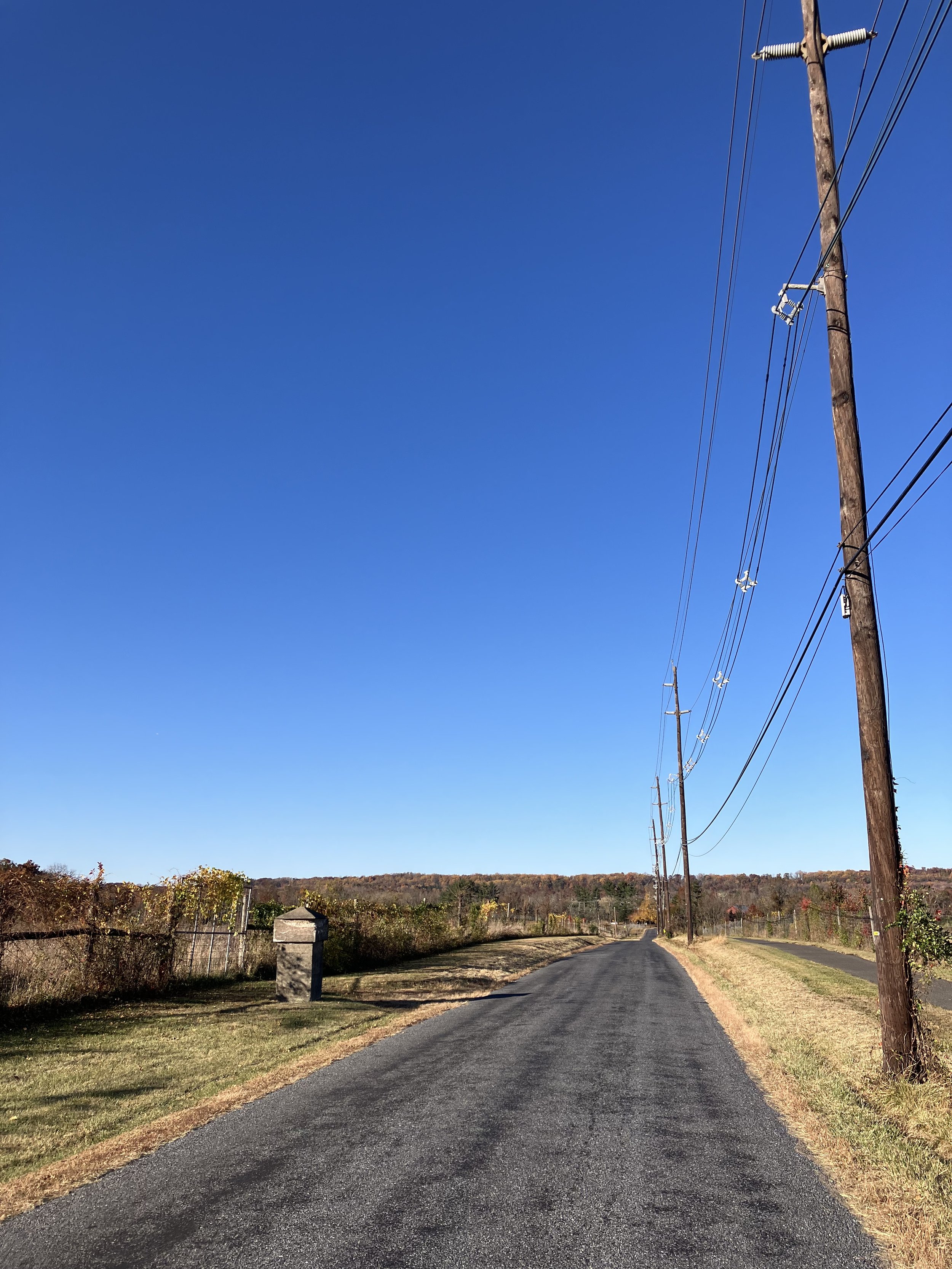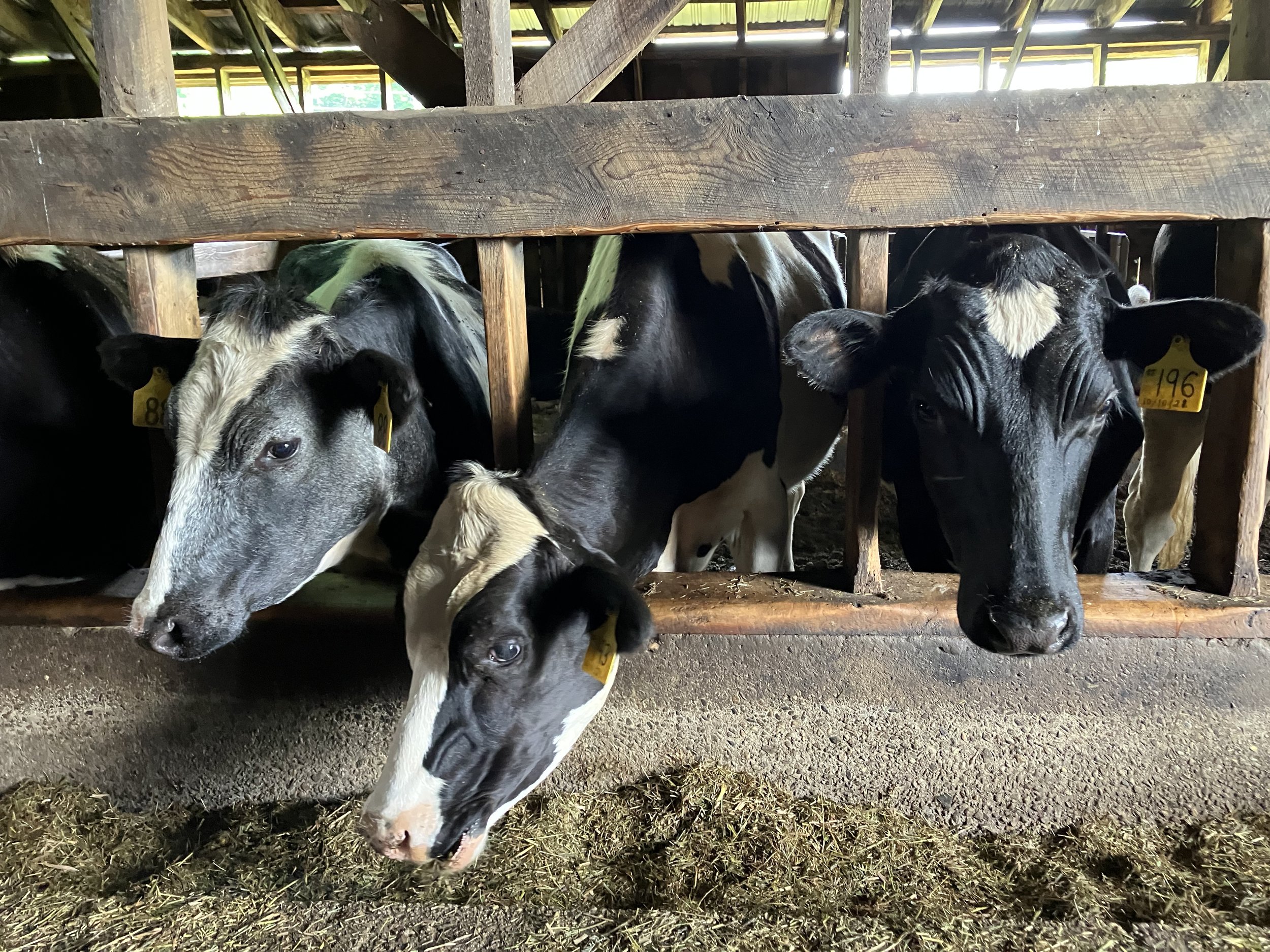-

The Vultures
Creative nonfiction essay about teaching, animality, and limits. Published in Whitefish Review 30 (May 2025), print.
-

Small World
Flash nonfiction essay about a moment in a coffee shop. Published in Prime Number Magazine Issue 271, May-Aug 2025.
-

Fidelity: A Letter to Wendell Berry on the Twenty-Second Anniversary of Not Belonging to a Place
Creative nonfiction essay. Published in Miracle Monocle Issue 24, Spring 2025.
-

You Will See Your Child Die a Thousand Times
Flash nonfiction essay about parenting on a bicycle. Nominated for the Pushcart Prize. Nominated for Best of the Net Anthology. Published in Sky Island Journal 29 (Fall 2024)
-
Our Lady of the Back of the Church
Flash nonfiction essay about an encounter with a ladybug. Published in Wild Roof Journal 25 (March, 2024)
-
In and Out of the Wilderness
A nonfiction essay that explores Bob Marshall’s wilderness philosophy on a solo backpack in the Bob Marshall Wilderness. Published in Flyway: Journal of Writing and Environment (Spring 2023).
-

Gratitude for the Wild
Gratitude for the Wild explores how the wild known in wilderness raises our tolerance for mystery. Wilderness is a nexus of competing and contested accounts of responsibility. In conversation with the work of Doug Peacock, Terry Tempest Williams, James Gustafson, and Martin Luther King Jr., the book refocuses attention on the role of affection and testimony in ecological ethics. Published by Rowman and Littlefield, Lexington Books (2019)
-

The Public Significance of the Private Farm
An oral history essay about rural New Hampshire, included in The Land Speaks, edited by Debbie Lee and Kathy Newfont (Oxford, 2017)
-
Wolf
Short creative nonfiction essay on wolves, published in The Common (2017)
-
Nature Elicits Piety: James Gustafson Among the Wolves
This academic essay explores James Gustafson’s theocentric ethics for the work of constructing an adequate Protestant Christian ethic of the wild. Two critical questions arise in conversation with his ethics: (1) When the category of natural evil is rendered incoherent, what are the significant consequences for piety in Christian ecological ethics? (2) How does Gustafson’s theocentric ethics, which emphasizes experience, help us to refigure gratitude in ecological ethics? The essay explores these questions in the context of the debate over the reintroduction and conservation of wolves in the American West. Published in Journal of the Society of Christian Ethics.
-
The Fierce Urgency of Now: The Ecological Legacy of King's Social Ethics
This academic essay offers a constructive, ecological extension of Martin Luther King Jr.'s social ethics using a phrase from Henry David Thoreau's classic, Walden, that King often used: "improved means to an unimproved end." King argued that this Thoreauvian theme "summarized" modern life; in particular, he employed this idea to address the systemic, interconnected forces of racism, materialism, and militarism. This essay argues that King's work is fertile ground for the cultivation of an ecological ethic capable of resisting the logic of commodification of the West. Published in Journal of the Society of Christian Ethics.



